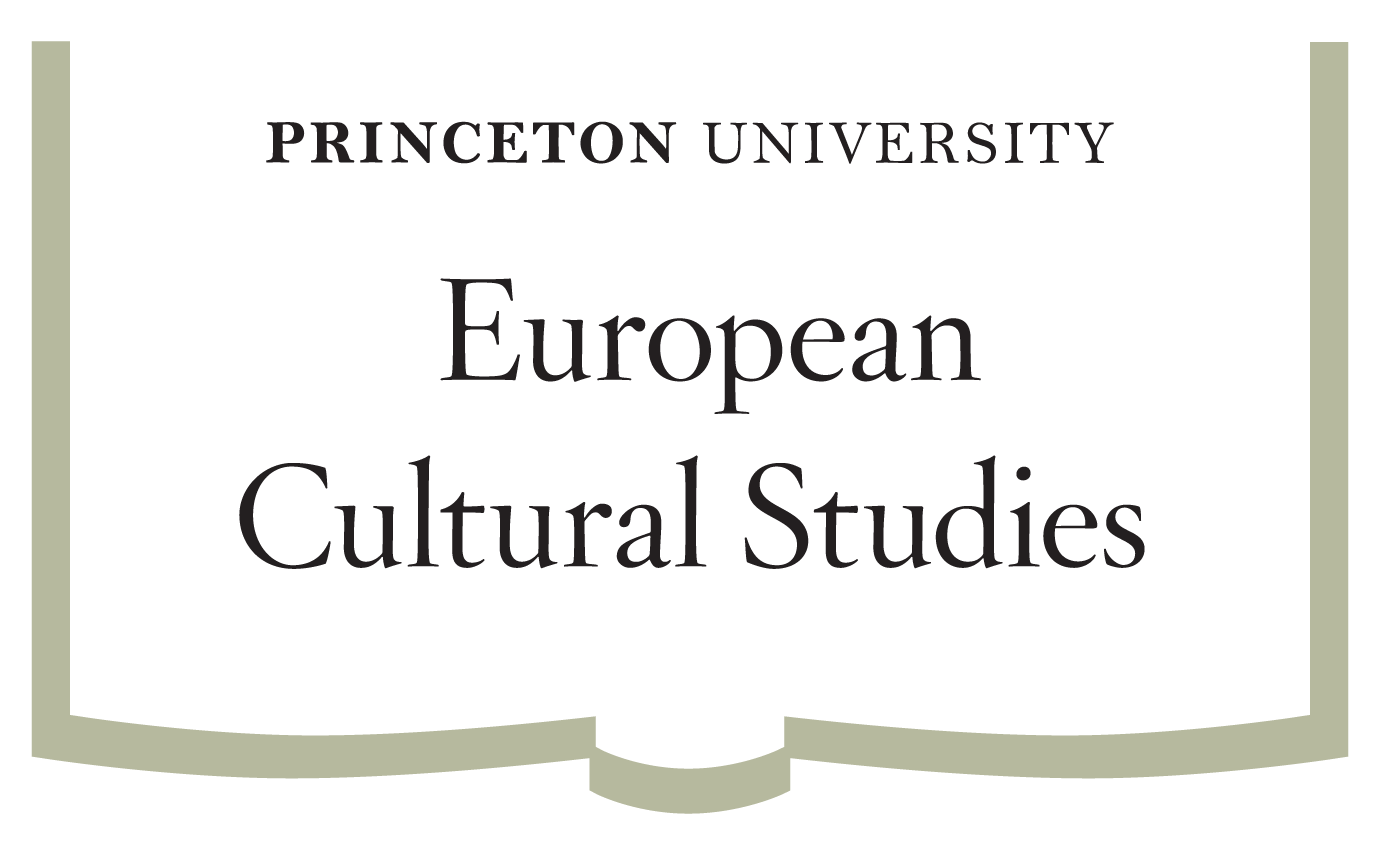Bodies of evidence, bodies of knowledge, the body politic, bodies-inviolate to mutilated, saintly to criminal-are figured in Medieval and Early Modern literature and objects in ways that reveal not only cultural paradigms, myths, and obsessions, but also some widely divergent realities. Notions of the body and its cultural inscription involve the history of marginal social groups, the history of the senses, of sexuality and gender. The relations between bodily and cognitive systems will form the basis for our analyses and discussions of such texts and authors.












